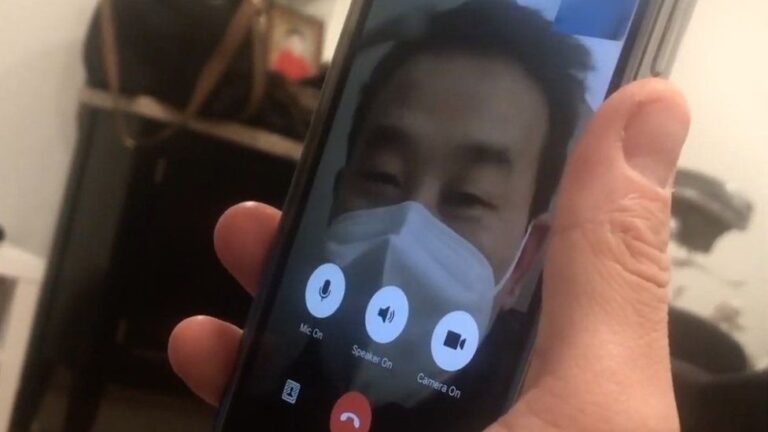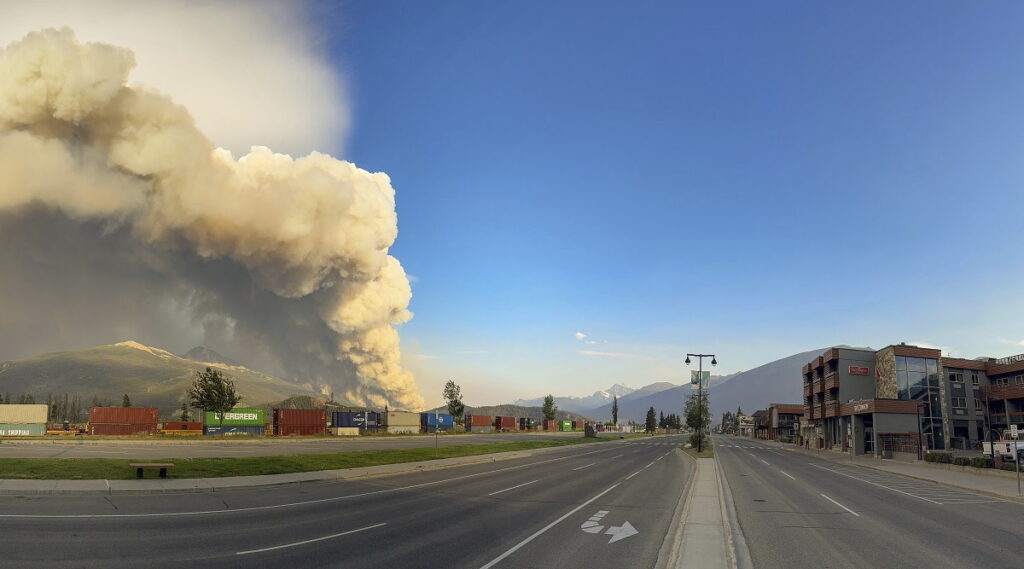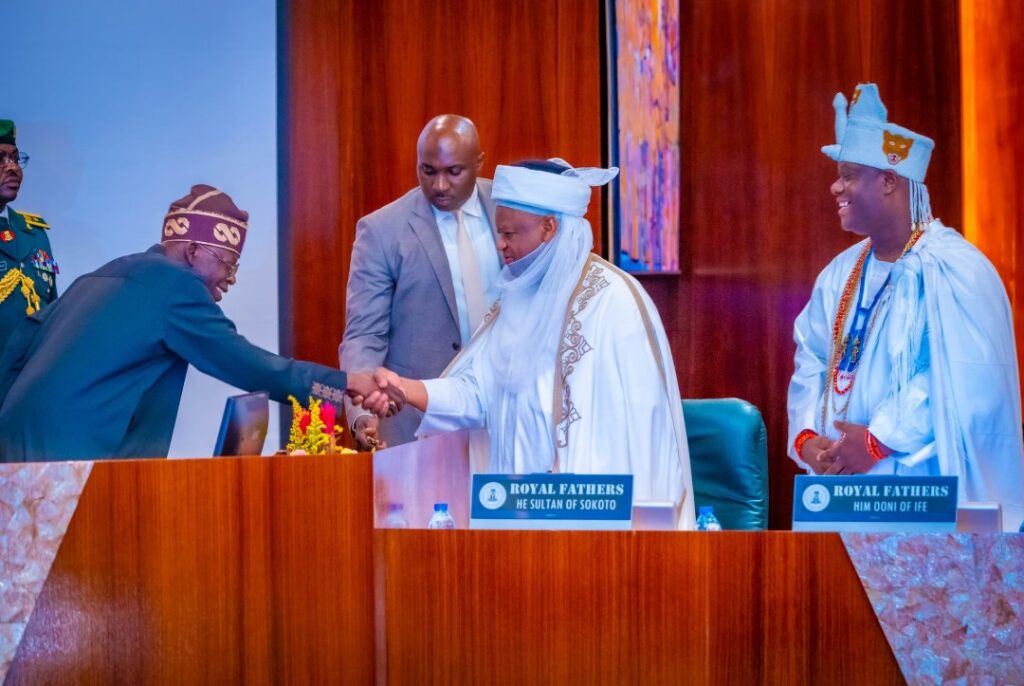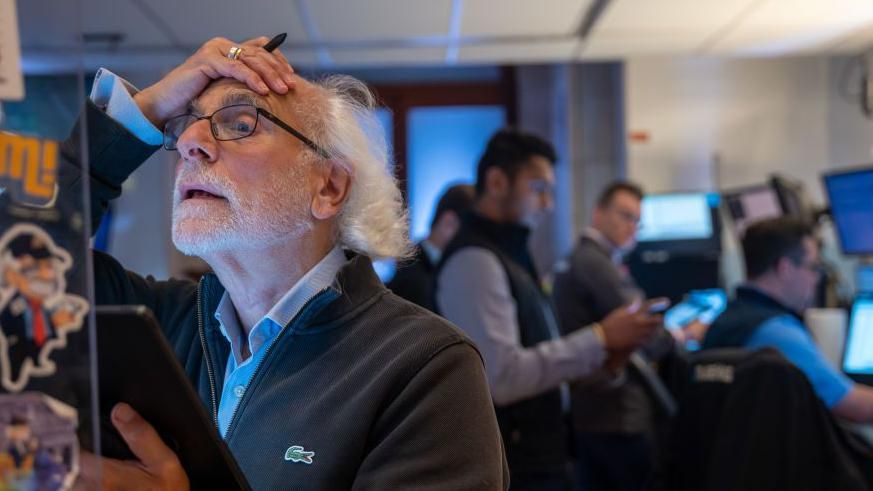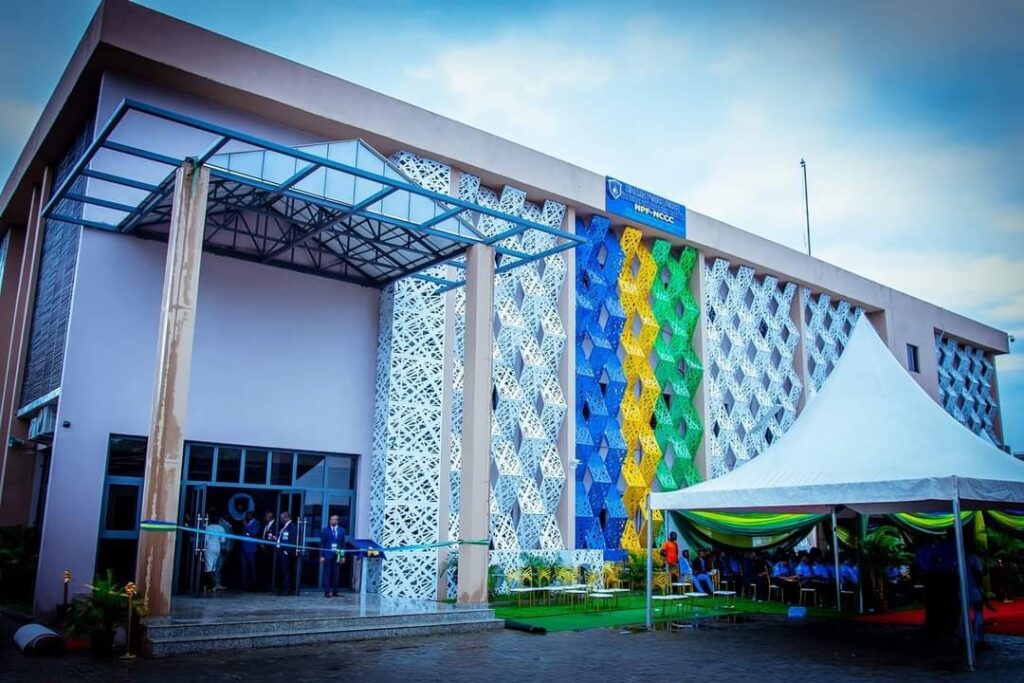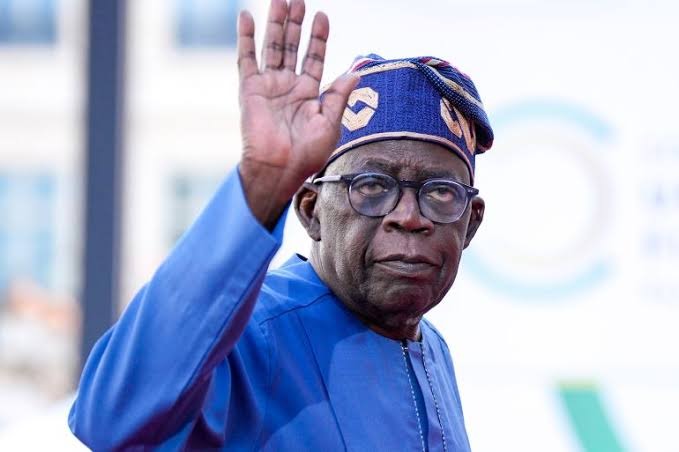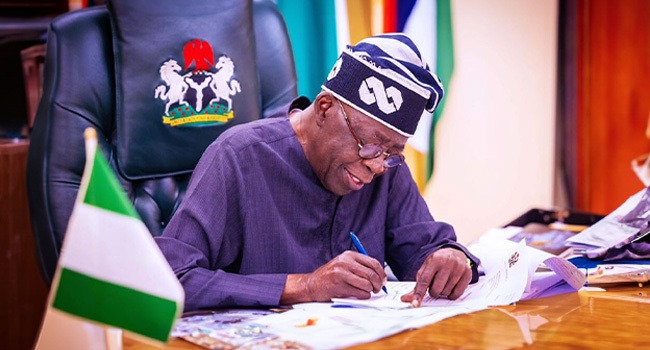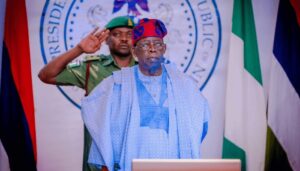China is pressuring Uyghurs living abroad to spy on human rights campaigners by threatening families back home, researchers say. Refugees and activists tell the BBC intimidating tactics are tearing communities apart.
“My dearest son,” said Alim’s mother as she flickered into view. “I didn’t think I’d see you before I died.”
Alim – not his real name – says he was overcome by the moment. The reunion over a video call was their first contact in six years, since he fled as a refugee to the UK.
But it was bittersweet: someone else was in control of the call. Like all Uyghurs – a mostly Muslim minority from north-western China – Alim’s mother lives under intense surveillance and control. They could never call each other directly.
Instead, a middleman phoned Alim and his mother from two separate mobiles. He held the phone screens to face each other, so the pair could see wobbly images of each other – and hear muffled sound from the speakers.
Alim says they barely spoke, and spent most of the call in tears.
He doesn’t know if the plain white wall he could see behind his mother was in her house in Xinjiang or an internment camp, where the Chinese government is alleged to have detained more than a million Uyghurs. China has long denied those charges.
But Alim says he knew this contact with his mother would come at a cost – because the man brokering the call was a Chinese police officer.
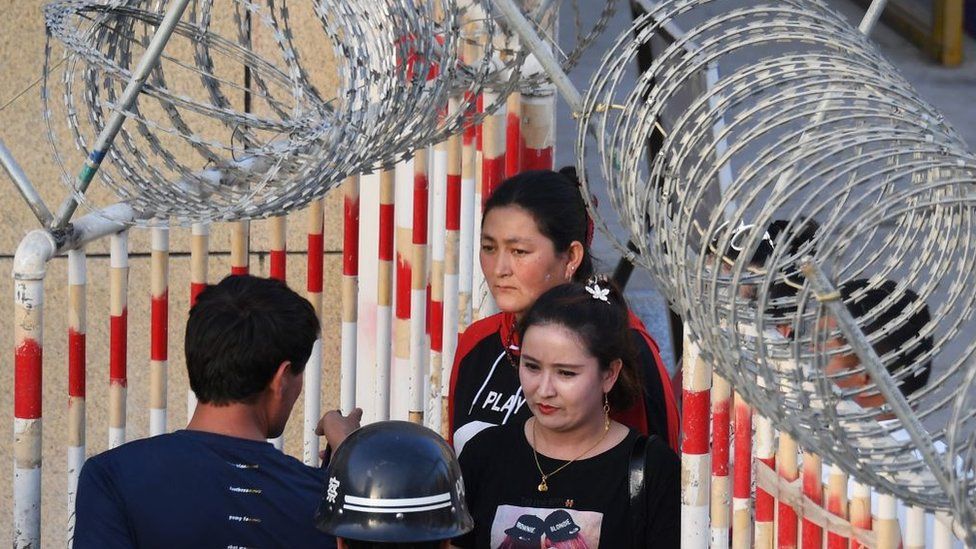
When the officer called again, he asked Alim to attend meetings of Uyghur human rights activists, gather intelligence and pass it back to the Chinese state.
“Whenever there was an anti-China protest in London, they would call me and ask who would be attending,” says Alim, who shared with the BBC recordings of the phone calls requesting he work as a spy.
Alim was offered money, too, so he could try to befriend the leaders of campaign groups – many of them UK citizens – by taking them to restaurants and picking up the bill.
The officer suggested setting up a company as a front, in case suspicions were raised about his newfound wealth. Plenty of businesses had already been set up on behalf of others for that exact purpose, Alim was told.
“They are using my family as hostages,” Alim says. “I am living in a dark moment.”
The tactics employed by governments to police their diasporas abroad are known as transnational repression.
Research suggests this particular kind – controlling access to family members in the home country through video calls, in exchange for compliance overseas – is commonly used by Chinese police.
Dr David Tobin at the University of Sheffield has conducted some of the most comprehensive research on the topic to date, with his colleague Nyrola Elimä. They have interviewed and surveyed more than 200 members of the Uyghur diaspora in several countries. He says all Uyghurs living outside China are victims of transnational repression.
“Family separation is the central tactic,” he says. Even where phone calls are technically possible, relatives still living in China won’t pick up, according to Dr Tobin. He says there is an assumption that calls will be monitored, and a fear that communicating freely will put them at risk.
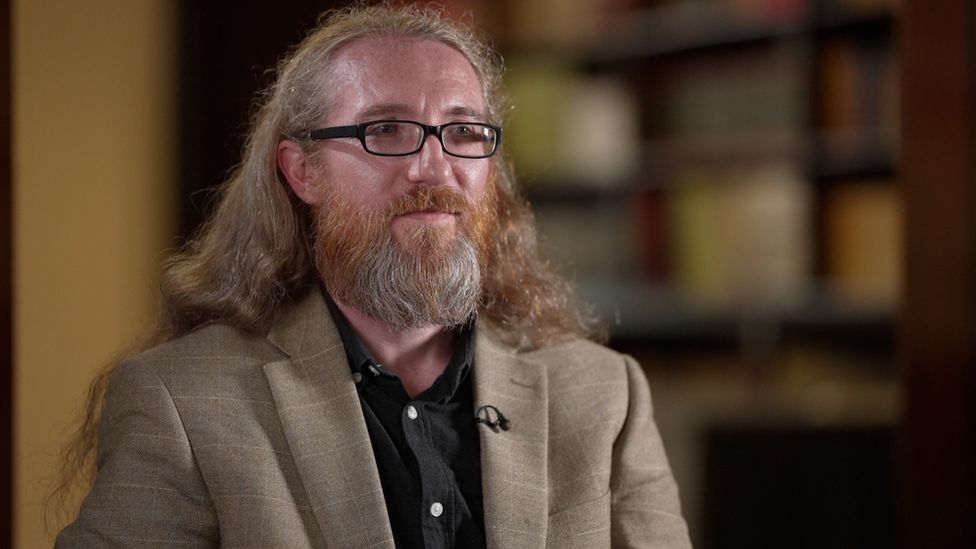
This severing of family ties allows Chinese police to step in and offer tightly managed access – over video calls – as an incentive to comply, with the threat of repercussions for the family if they do not.
In the UK, Dr Tobin surveyed or interviewed 48 Uyghurs, from a population of about 400 people. Of those, two-thirds reported having been contacted directly by Chinese police – and pressured to spy, refrain from advocacy work, or stop speaking to the media.
And Uyghurs in the UK are far from the worst affected.
In Turkey, traditionally a safe haven for Uyghurs where 50,000 live in one of the largest communities outside China, 80% of the 148 of respondents reported similar threats from Chinese authorities.

